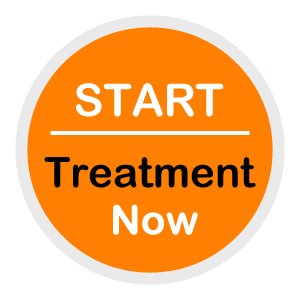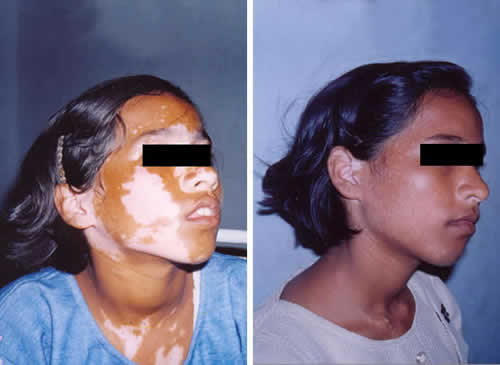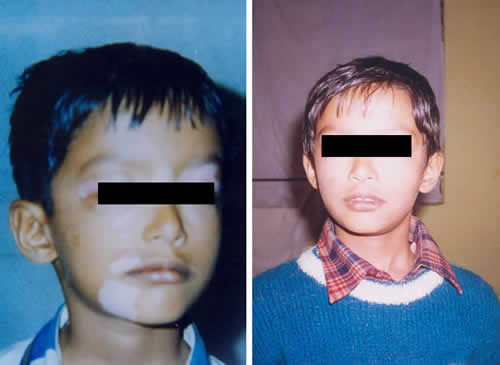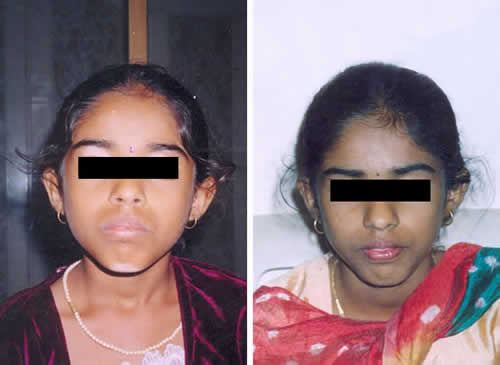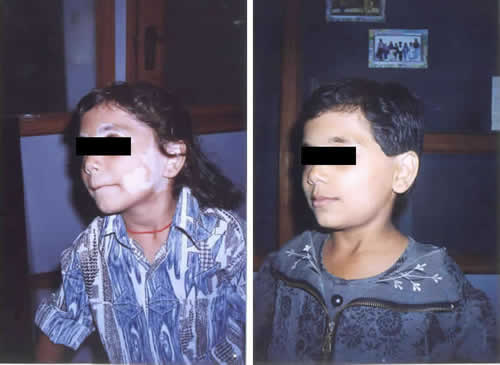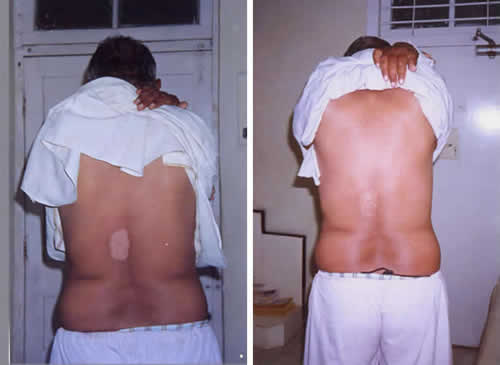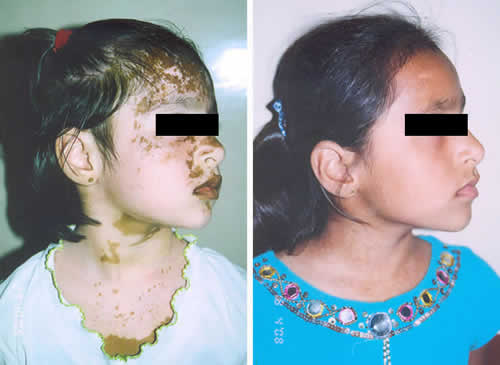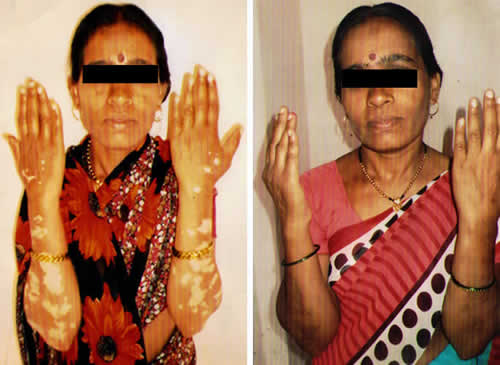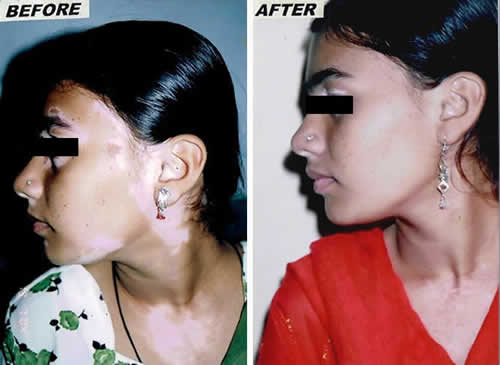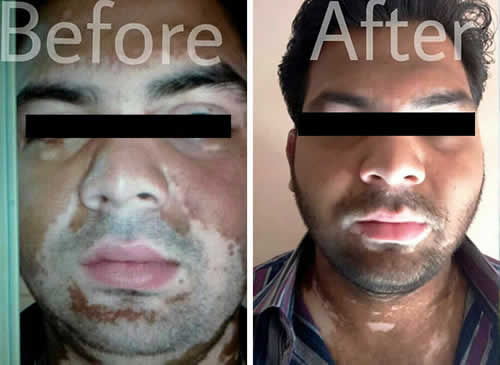Candidiasis
Candidosis or Candidiasis is a yeast infection caused through any Candida species. Candida albicans is the most common causative agent of infections in humans. The infection is generally called thrush or moniliasis.
Candida occurs unreservedly everywhere and their infections can affect the body in lots of ways. From small localize areas of infection in some, to fast dispersion multi-system infections in others, Candidal infections can be exterior or life-threatening.
Who can get Candidal infections?
Candida is usually present in most people. The organism is a commensal i.e. it naturally colonizes the human body devoid of benefiting or damaging it.
A healthy immune system and the presence of other microorganisms, make sure its uncontrolled multiplication and thus, infections.
It is an opportunistic organism cause an infection only when your immune defenses are lowered adequate for it to multiply. Carriers usually don't develop any symptoms so long as they are healthy. However, the incidence of Candidiasis is common amongst.
- Elderly people
- High sugar diets
- Infants
- Women on oral contraceptive pills
- Women on Hormone Replacement Therapy
- Pregnancy
- Dental mercury amalgam poisoning
- Use of natural progesterone cream
- Smoking
- Other heavy metal poisoning - lead, cadmium
- Chemical poisoning from the garden, home, workplace etc.
- Hormonal changes e.g. pregnancy, puberty, menopause
A low immunity in addition Candidiasis is possible in the following situations:
- Diabetes mellitus.
- Use of broad spectrum antibiotics
- Obesity
- Intravenous drug abuse.
- Indwelling catheters in hospitalized patients.
- Severe burns.
- Cancers of the blood cells.
- Reduced numbers of neutrophils
- Infants less than 7 days old.
- Prolonged steroid (corticosteroid) therapy.
- People suffering from AIDS are vulnerable to Candidiasis.
- Stress and poor nutrition.
Symptoms
Candidal infections are extremely common. It occurs in or else healthy people mostly as a well localized infection and responds favorably to treatment.
Affected locations show a lot of itching, burning and soreness. Usually, symptoms depend upon the organ involved.
- In the oral cavity, its appearance is called oral thrush. The majority infections are seen in people having AIDS and in infants. Infants might suffer from
- Pain
- Crankiness
- Lethargy.
- Poor feeding
- It presents as discrete lesions on the penis and foreskin. Often the soft tissue of the glans penis has red, inflamed, painful sores and rarely a white discharge from penis. A condition called 'balanitis'.
- In infants and older children using diapers, it presents within the folds of the skin as 'diaper (nappy) rash'.
- Nipples and nearby tissues, in breast feeding women.
- The ears. External ear often gets infected.
- Endophtalmitis, a state wherein the inner eyeball is inflamed is typical of Candidal infection. The most common symptoms are:
- Pain
- Blurred vision
- Decreased vision
- Nails. It causes chronic paronychia which is painful inflammation of the tissues around the nail. It also causes onychomycosis where the nail grows very poorly and appears disfigured.
- Skin surrounding the nose and margins of the nostrils can be affected.
Eat healthy
Many foods can make us susceptible to Candidiasis. To carefully avoid them is easier said than done. If you already suffer from the infection, it is finest to avoid them. If you are infection free but know you're prone to frequent Candidiasis, then you require maintaining a healthy balance and having these foods with care and moderation. The 'Candida Diet' is recognized to help contain the infection to a large extend.
Some foods to have with caution are:
- Foods high in sugars - cakes, pastries, syrups, jams, chocolate, honey, biscuits, puddings, ice-creams, soft-drinks etc. Several food packages even camouflage presence of sugars by using terms like sucrose, dextrose, fructose, lactose etc. In short, sugar in any form is best avoided! Even artificial sweeteners are evenly harmful.
- Fermented foods like pickles, beer, cider, wine, etc. Alcohols finally get converted into sugar thus in enhances the sugar content in the blood stream allowing Candida to grow.
- Refined food products such as white pasta, cornflakes, white rice, custard powder etc.
- Nuts. Most nuts are very moldy. Hence, if you have Candidiasis, avoid nuts.
- Tea, coffee, hot chocolates or any malted drinks.
Exercise
A sedentary lifestyle contributes to the development of Candidiasis, particularly in women and in people chronically bed-ridden.
Sanitation
The significance of maintaining a high standard of personal hygiene cannot be unobserved.
- Wear loose clothes and cotton undergarments.
- Later than toilet, wipe from front to back only. This prevents contamination of the vagina with anal microorganisms.
- Maintain superior oral hygiene. Brush twice daily, especially in the night within four hours after meals. Floss habitually (at least twice a week) or use mouthwashes. Try using warm, salted-water gargles to relive mouth & throat symptoms.
- Keep the vaginal area always dry. Particularly after a bath or shower. Make sure to wash the area thoroughly when in a bath or shower. Avoid very strong soaps.
- If you work out or swim, change out of the clothes straight away after the exercises.
- Douching should be avoided.
- Avoid using highly perfumed scented soaps.
- Undergarments must be washed in warm water and softeners should be used carefully.
- Scented sanitary pads are best avoided. Change the pads recurrently, keeping the area dry.
- Avoid sharing towels, razors and other toiletries.
Practice safe sex
Genital Candidiasis often spreads through infected sexual partners. Often both partners need to undergo treatment.
- Both partners must clean themselves before and after having sex.
- Make use of a condom if any of the partners is infected or undergoing treatment.
- Avoid vaginal sex straight away after anal sex and never without washing.
- Use lubricants when the natural secretions are insufficient.
- Always use water based lubricants only.
Homeopathic treatment:
Candidiasis shows excellent reaction to homeopathic treatment. Homeopathy treats candidiasis from the roots and prevents affinity for recurrence. Homeopathy is strongly suggested.
The Root Cause of Autoimmune Disease
It is our mission to provide each patient the best care in a kind, honest and compassionate manner.”
